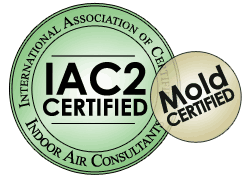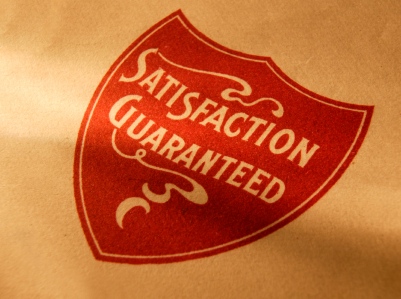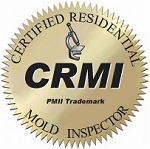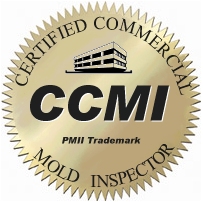Many people, often working under the assumption that all renovations increase the value of a property, spend thousands of dollars on expensive upgrades, changes and additions to their homes. What these people forget, though, is that the next owner may not like the renovations. In fact, most people who buy property make significant changes to it over a period of time. Also, the price of a home is dictated mostly by market forces (such as what other similar houses are selling for), not necessarily by the characteristics of a home. Yes, some qualities are highly-sought after (depending on the area, the time of year, and the personal interest of potential buyers) -- such as garages, finished basements, enclosed yards, big kitchens, etc. -- but many of the things assumed by some to increase the value of a home in fact do not affect the value at all. They include the following:
Swimming pools.
While some people may long to have a swimming pool, some buyers may dread having one. Swimming pools are hard to keep clean and maintain and they are a serious health hazard for unsupervised children and pets. If your property already has a pool, by all means, keep it in good condition for prospective buyers, but don't put one in under the assumption that it will increase the chances of selling the house or getting more money for it. That is just unrealistic thinking, in most instances.
Over-renovating for your neighborhood.
If by making some expensive renovations to your home you are creating a piece of property that will stick out like a sore thumb or drive its price well beyond other homes in that area, then you are making a huge mistake. People may only see the higher taxes they will be paying (since your home may get a higher assessment than other properties), the higher maintenance costs (such as a fancy landscaping may require), or the danger of being viewed as "pretentious" by their new neighbors.
Extensive landscaping.
Chances are that the new owners will do their own landscaping. Why would they want to pay you extra money for putting in something that may appeal to you but not to them? You are better off just making sure that your grass is mowed, your bushes trimmed, and your leaves picked up.
High-end upgrades.
These can include stainless steel appliances, imported tiles, fancy bath tubs, built-in Jacuzzis, hand-decorated wallpaper, Persian rugs, expensive light fixtures, etc. While some of these things may appeal to you personally, they may not impress potential buyers -- in fact, they can sometimes be a turnoff. Most people want to personalize their own home. Also, by adding these things you may disrupt the home's general décor, which most experts agree should be kept consistent throughout a home.
Wall-to-wall carpeting.
You might be better off restoring a home's wooden flooring. It is easier to cover a wooden floor than it is to rip out carpet. Either way, you can be sure that the new owner will make changes, regardless of what you do. For that reason, you are better off leaving what you have as it is. If you have carpet, let professionals give it a good, strong cleaning, making sure to treat any noticeable stains. If you have wood flooring, sand them down and give them a shiny coat.
Invisible improvements.
While they may sound good on paper, don't expect potential buyers to agree to a higher price because you went out to invest on new plumbing or a new HVAC unit for your home. In general, buyers are impressed by what they see, not what is hidden behind walls or kept in the basement. It is not that they would not appreciate having such a thing but that they might have preferred to have picked it out themselves. At any rate, they will probably feel entitled to these added frills in the same way buyers of new cars feel entitled to new tires, spotless upholstery, and a working CD player.
A refinished or well-decorated basement.
While some people may be looking for homes that have this feature, even they may not be ready to pay more than the house should be worth (based on comparable houses) just because the basement is ready to be moved in to. Such a feature may help clinch a sale but it will probably not pay for itself.
Building or upgrading a deck.
Decks are a great addition to a home but this is something that some people might want to tackle themselves and they may not like the design you picked out or the quality of the work put into it.
Patio frills.
Some people think that they can get their money back if they invest on water fountains, fish ponds, awnings, gazebos, or a multi-purpose playground. These things may or may not impress a buyer and may even help clinch a sale (if you can find someone who shares your taste) but they will not generally increase the value of a home -- at least not commensurate to what you spent on these "luxuries."
The addition or expansion of a garage or carport.
While many people acknowledge that a garage can be very useful, this does not mean that they will necessarily pay more for a house just because the owner recently added a garage or carport to it. People will just assume that the addition benefited the owner as much as it may benefit them -- in other words, it is not something that they will necessarily feel an obligation to make any extra compensation for.













